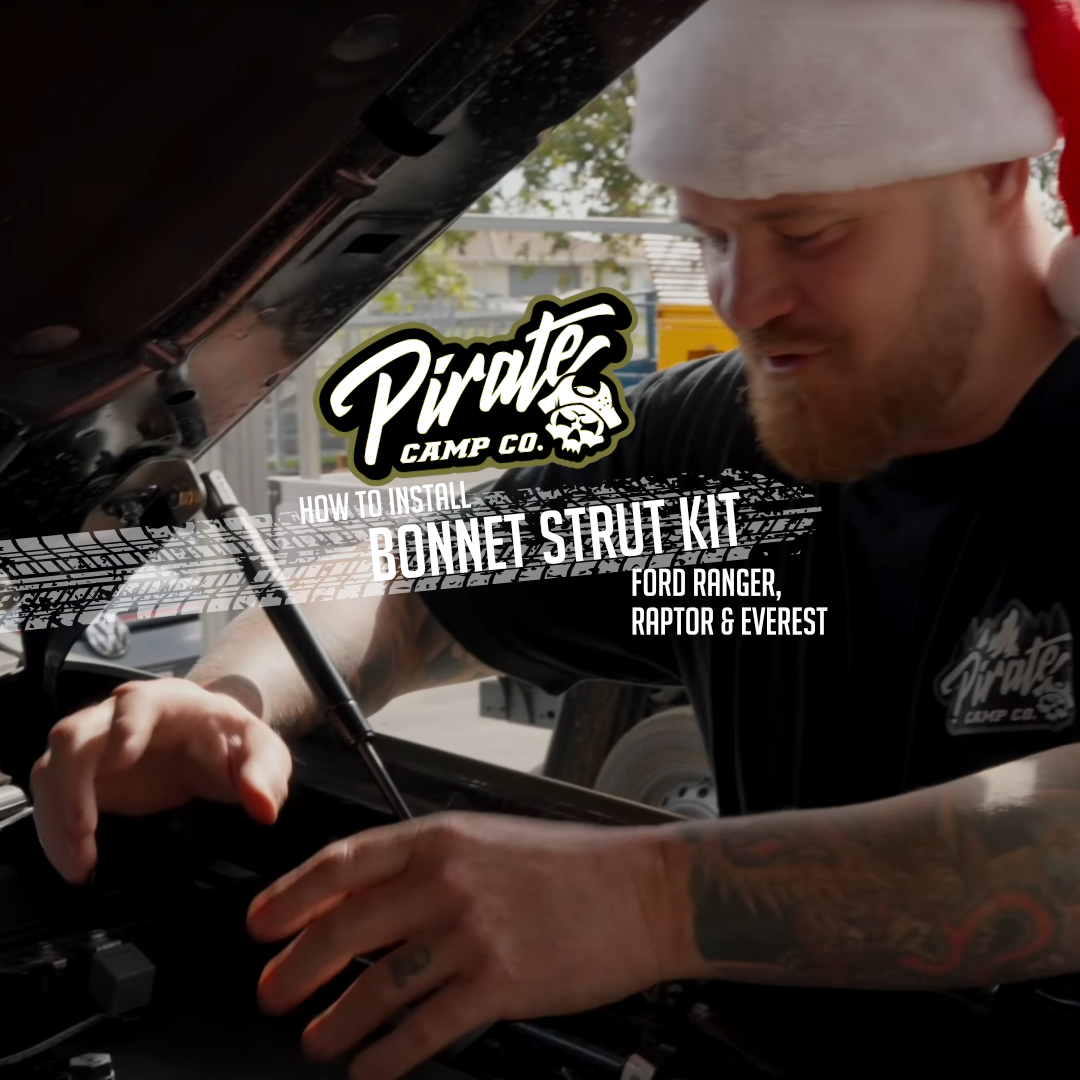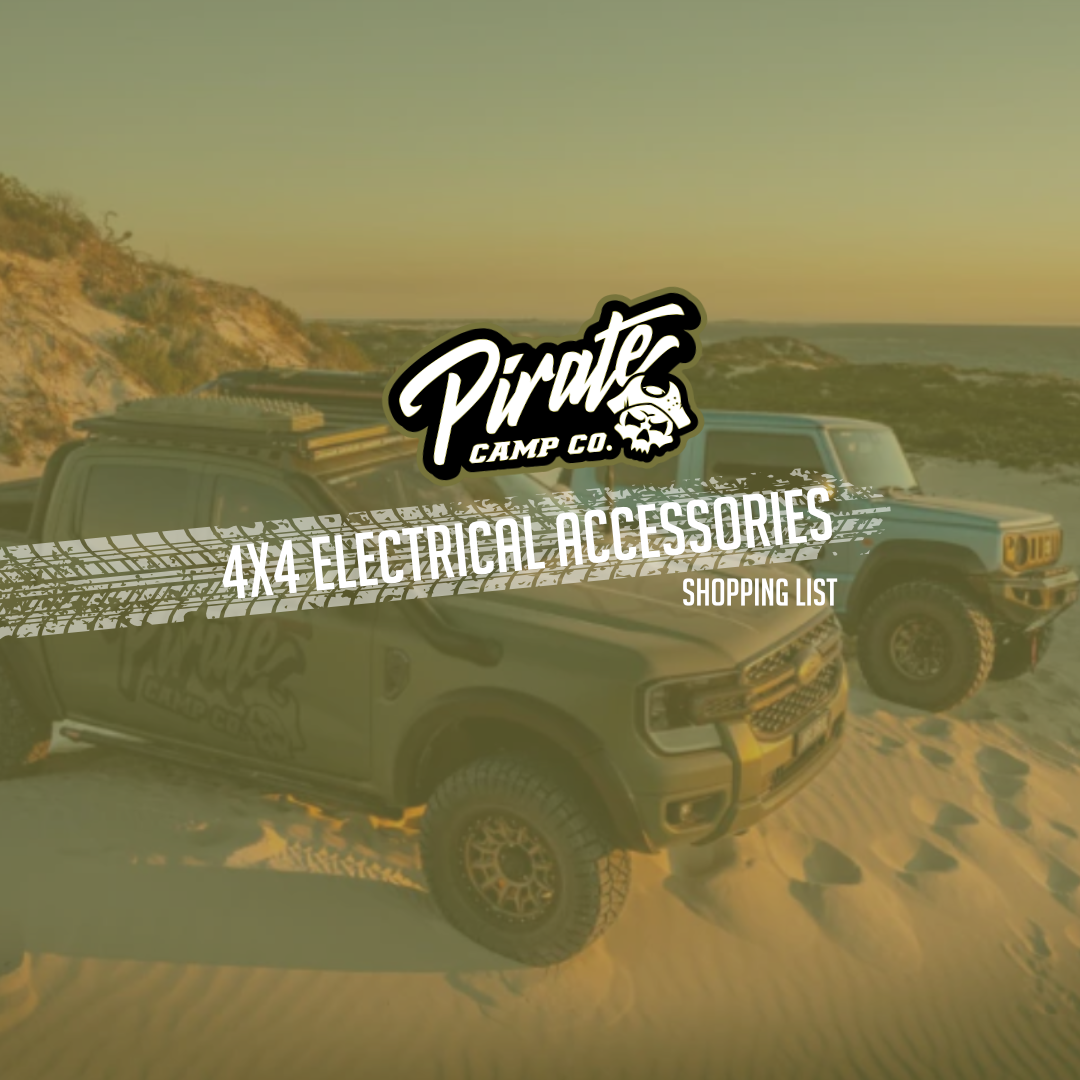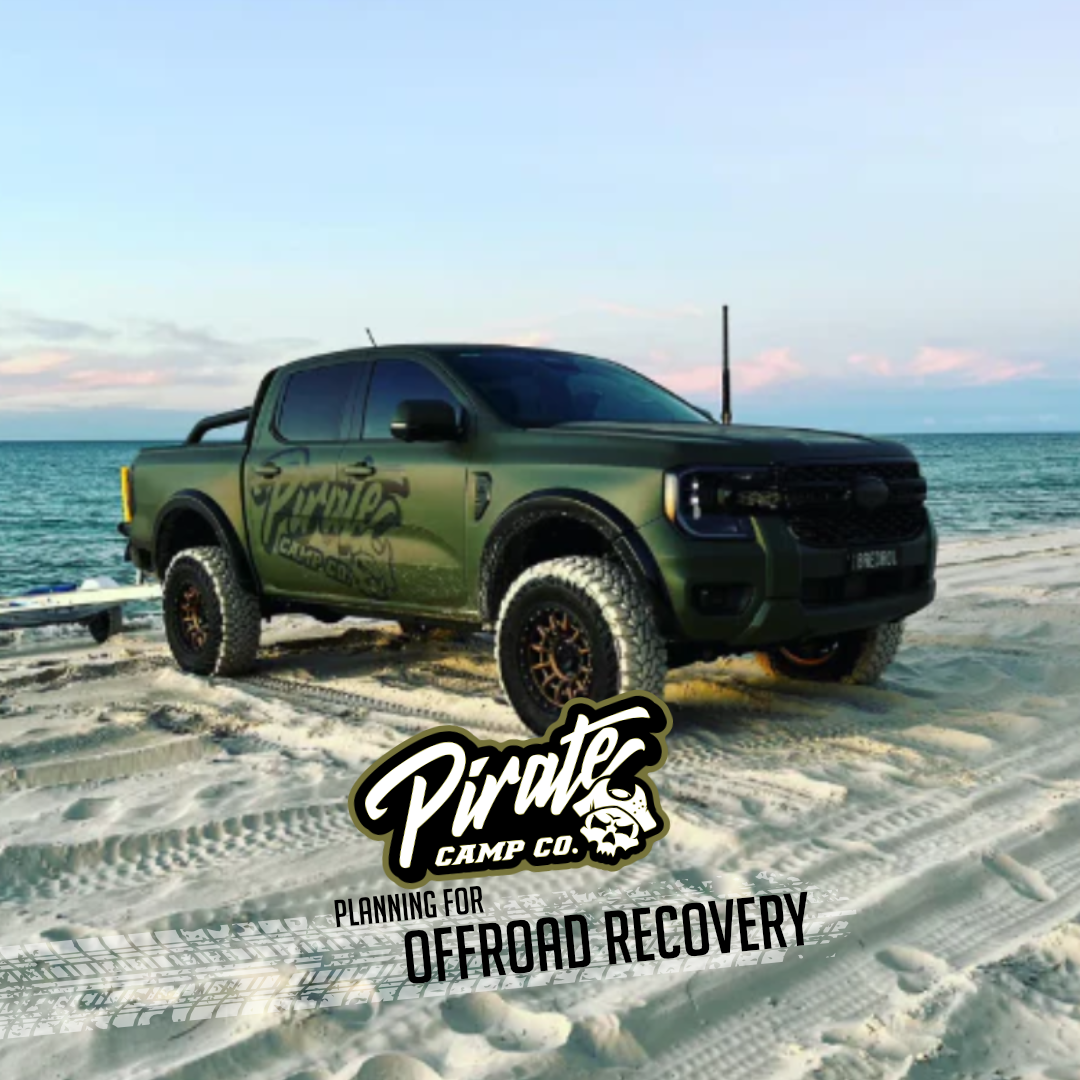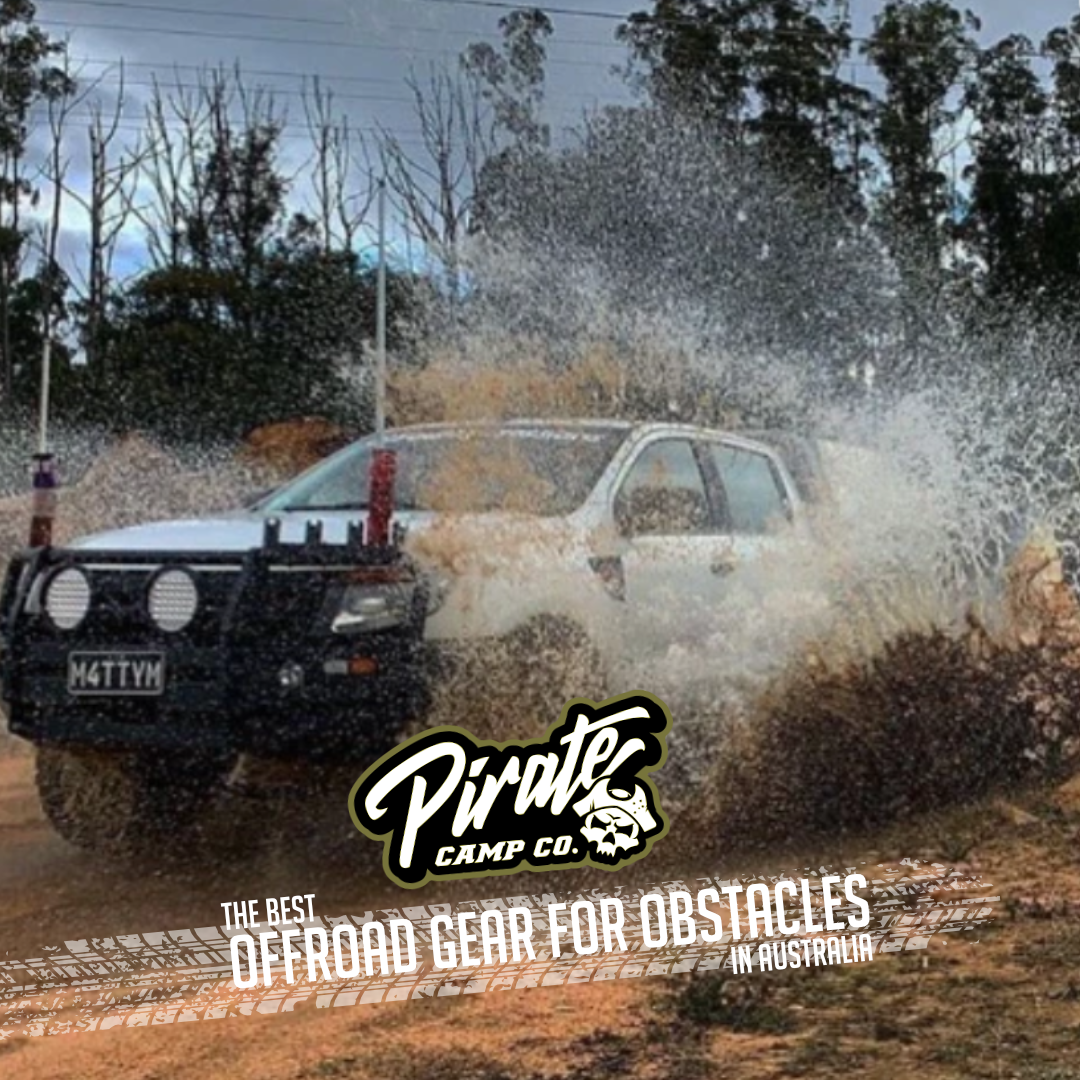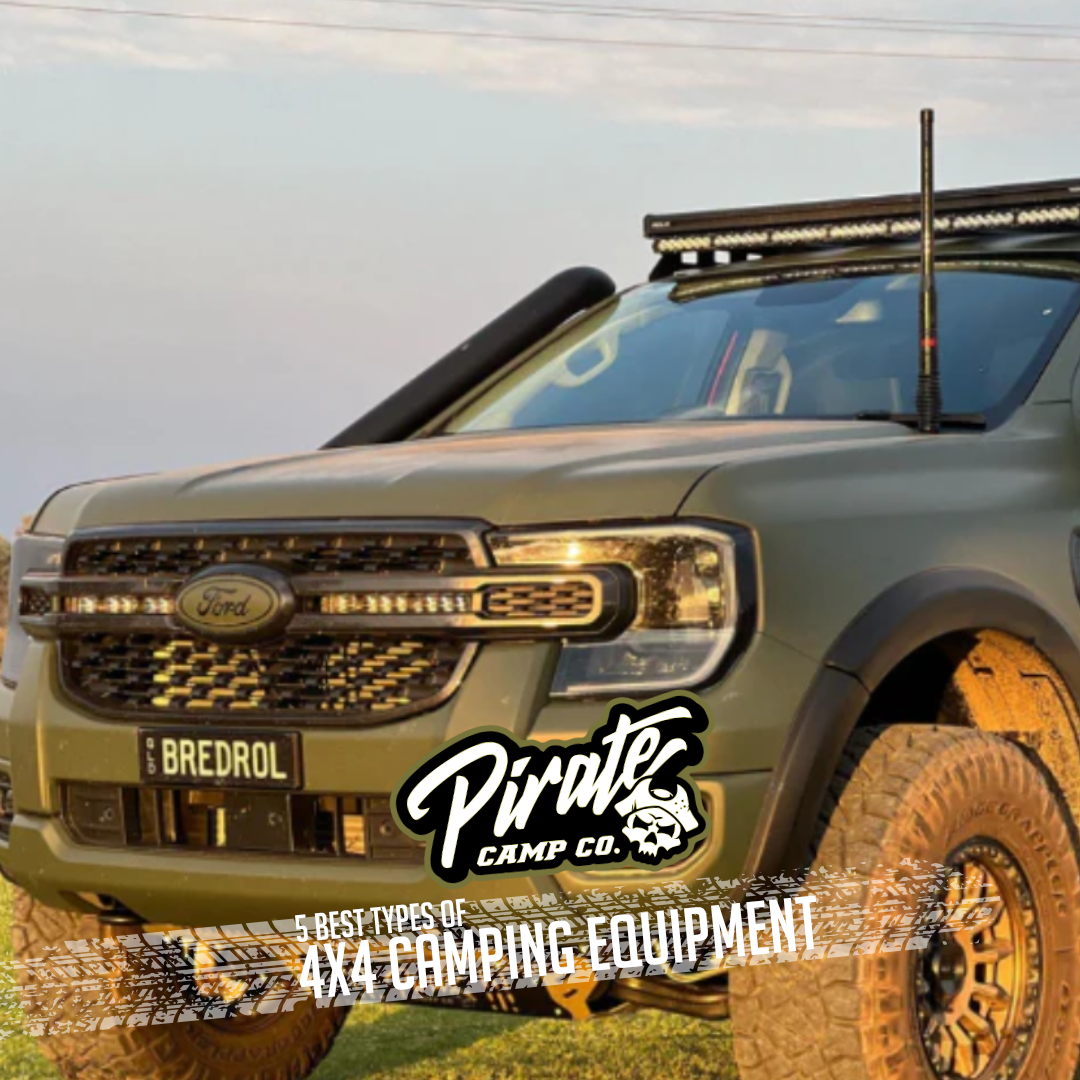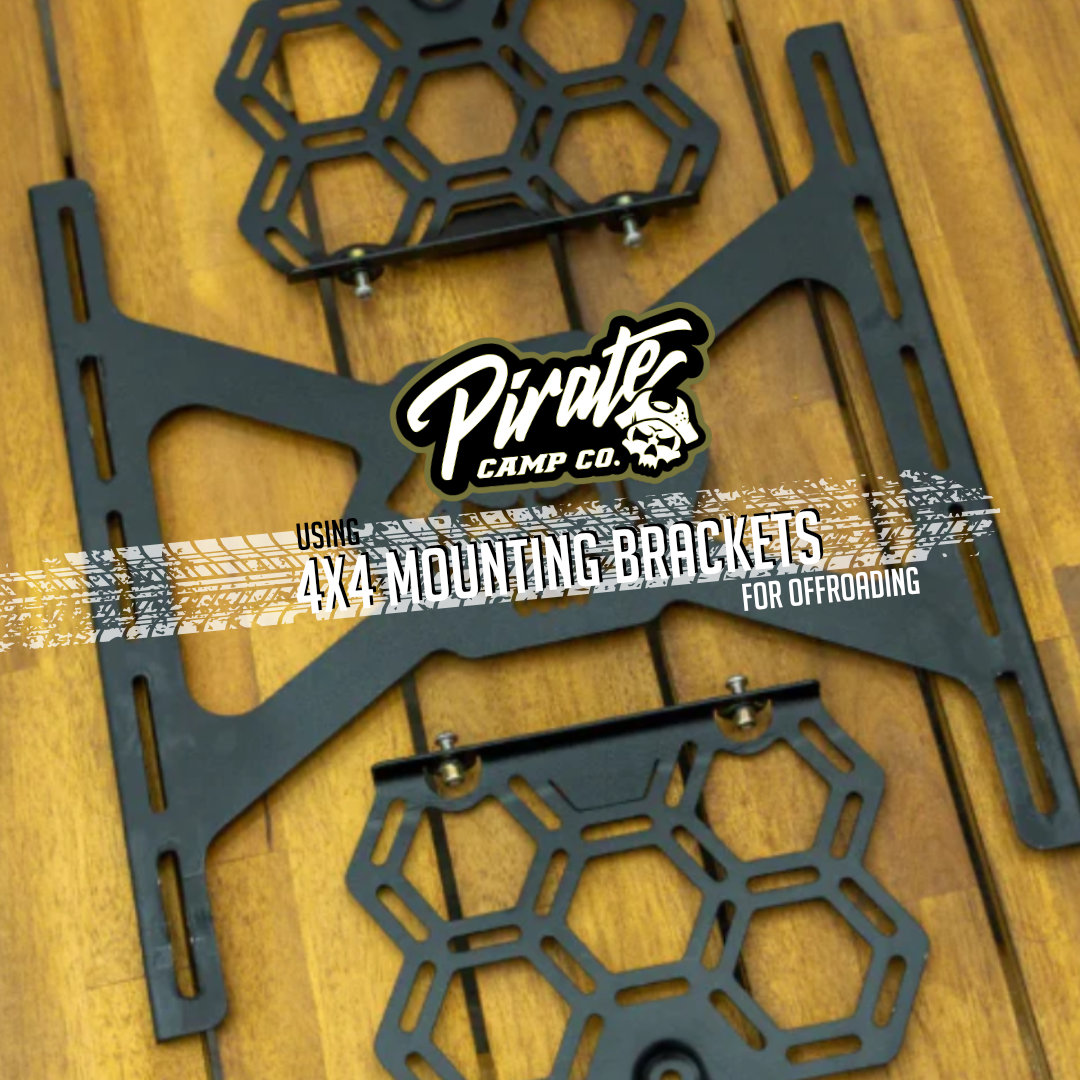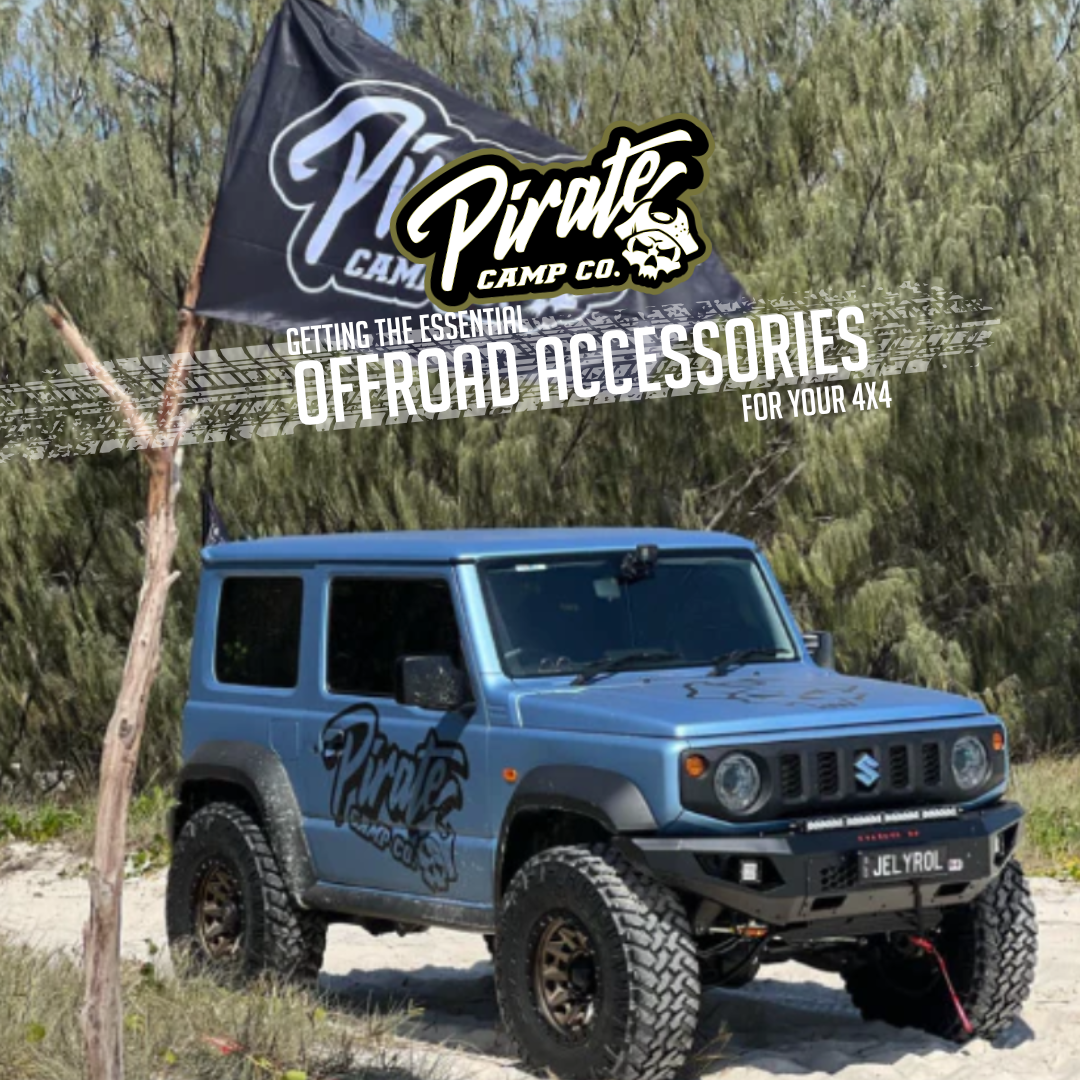
Using 4x4 Mounting Brackets for Off-Roading
If you’re checking out your vehicle to prep it for summer camping or you just want to upgrade some accessories before your next off-roading adventure, you likely have discovered you need—or want—some equipment before you head out.
Many of the off-roading accessories you find might need mounting brackets, and then you’ve entered a whole new world filled with not only pieces of equipment but brackets to match. So if you’re trying to figure out what 4x4 mounting brackets you need for your next accessory upgrade, this post explains common types used in off-roading as well as how to ensure it’s durable and installed right.
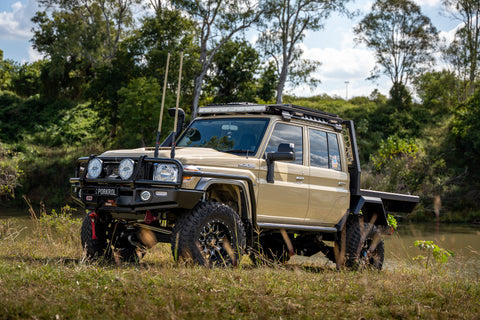
What Types of Truck Mounting Brackets Are Common for Off-Roading?
When 4x4 off-roading, you might use truck mounts for various purposes to secure equipment, accessories, or recovery gear to rescue your vehicle. While you may not need all of these, here are some common uses for mounting brackets during off-roading adventures:
- Roof racks: Mounting brackets can secure roof racks to the roof of your 4x4 vehicle. Roof racks are useful for carrying additional gear, such as roof boxes, camping equipment, or kayaks.
- Light bars: Mounting brackets are often used to attach off-road light bars to the front or roof of your vehicle, providing enhanced visibility for night driving and off-road trails.
- Spare tire carriers: Some off-road vehicles have spare tire carriers mounted on the rear or side. Bracket mounts are used to secure these carriers, ensuring your spare tire is easily accessible.
- Jerry can holders: Truck mounts can secure jerry can holders to your vehicle, allowing you to carry extra fuel or water for extended off-roading trips.
- Hi-lift jack mounts: Truck mounts are used to secure hi-lift jack mounts to your vehicle, providing a convenient way to carry and access a hi-lift jack for recovery or maintenance.
- Shovel and axe mounts: Mounting brackets can secure mounts for shovels and axes to your vehicle, which are essential for digging out of tricky situations or clearing obstacles.
- CB radio antennas: If you have a CB radio for communication during off-roading, mounting brackets can be used to attach antennas to the vehicle for improved signal reception.
- Awning mounts: Truck mounts are used to attach awning systems to your vehicle, providing shade and shelter during off-road stops and camping.
- Recovery gear: Bracket mounts can secure recovery gear like snatch straps, shackles, and winch controllers to keep them easily accessible in case of emergencies.
- Vehicle accessories: Mounting brackets can be used to attach various accessories like roof-mounted tents, camping chairs, or fishing rod holders.
- Flag mounts: For group off-roading trips, mounting brackets can secure flagpoles or flags to your vehicle, making it easy to identify your group.
- Spare parts: Mounting brackets can secure spare parts or tools to your vehicle, ensuring you have what you need for on-the-go repairs.
Finding Durable Truck Mounting Brackets
When using mounting brackets for off-roading equipment, it's crucial to choose sturdy, durable brackets that are designed for rugged conditions. Additionally, ensure that the brackets are properly installed and securely fastened to prevent any equipment from becoming a hazard during your off-road adventures.
To determine if a mounting bracket is sturdy and designed for rugged conditions, you can assess several key factors:
- Material and construction: Look for brackets made from robust and durable materials such as stainless steel, aluminum, or heavy-duty steel. These materials are less likely to corrode or weaken in harsh conditions.
- Weight capacity: Check the weight capacity or load rating of the bracket. It should be rated to safely support the weight of the equipment or gear you plan to mount.
- Powder coating or finish: Quality mounting brackets often have a protective powder coating or finish that provides resistance to rust, corrosion, UV rays, and other environmental factors.
- Reinforcements and welding: Inspect the bracket's construction for reinforcements like gussets or additional support. Welded joints should be strong and secure.
- Adjustability and flexibility: Consider whether the bracket allows for adjustments to accommodate different equipment or mounting angles. Versatility can be valuable for off-roading.
- Vibration dampening: If the bracket is meant to secure sensitive equipment like cameras or antennas, it may feature vibration-dampening mechanisms to protect the gear from shocks and vibrations.
- Certifications and standards: Check if the bracket complies with relevant industry standards or certifications for strength and durability.
- User reviews and recommendations: Read user reviews and seek recommendations from fellow off-roaders or outdoor enthusiasts who have experience with specific mounting brackets. Their feedback can be valuable.
- Manufacturer reputation: Research the manufacturer's reputation for producing high-quality and reliable mounting solutions.
- Warranty: Look for brackets that come with a warranty, as this can provide peace of mind regarding the product's durability and performance.
- Installation instructions: Ensure that the mounting bracket comes with clear and comprehensive installation instructions. Proper installation is crucial for safety and functionality.
- Testing: Some reputable manufacturers subject their mounting brackets to various tests, including stress testing, to ensure they can withstand rugged conditions.
- Customer support: Consider the level of customer support offered by the manufacturer in case you have questions or issues with the bracket.
- Real-world testing: If possible, find out if the bracket has been tested and proven in real-world off-roading or outdoor adventures. Real-world performance can be a strong indicator of durability.
Keep in mind that the specific requirements for mounting brackets can vary depending on the equipment or gear you plan to mount and the conditions you'll encounter during off-roading. It's essential to choose brackets that match your specific needs and provide the durability and reliability required for rugged off-road adventures.
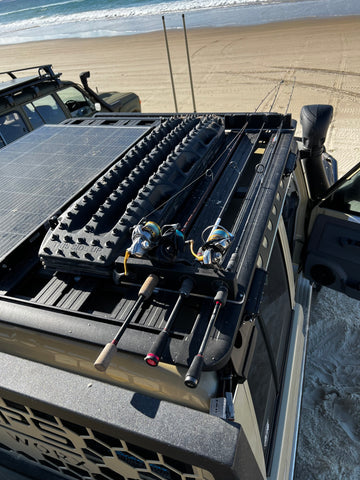
Do Truck or Car Mounting Brackets Have to Be Professionally Installed?
The installation of 4x4 mounting brackets does not always require professional assistance, and many truck owners choose to install them as a DIY project. However, whether you should opt for professional installation or attempt it yourself depends on several factors:
- Skill and experience: If you have experience with automotive modifications and a good understanding of your vehicle's structure, you may feel confident in installing mounting brackets yourself.
- Tools and equipment: You'll need appropriate tools and equipment, including wrenches, sockets, a drill, and safety gear, to ensure a proper installation. Some installations may also require welding.
- Instructions: Carefully follow the manufacturer's installation instructions that come with the mounting brackets. These guidelines will provide step-by-step directions for a successful installation.
- Vehicle specifics: Some 4x4 mounting bracket installations may be more complex depending on the vehicle model and the intended use. Certain vehicles may have unique challenges that require professional expertise.
- Electrical components: If your installation involves electrical components like light bars, winches, or antennas, you should be comfortable with electrical work, or it's advisable to seek professional help.
- Warranty considerations: Check whether the installation of mounting brackets yourself will affect your vehicle's warranty. In some cases, professional installation may be recommended to maintain warranty coverage.
- Certifications and regulations: If you live in an area with specific regulations or certification requirements for vehicle modifications, ensure that your DIY installation complies with these rules.
- Time and patience: Installation can be time-consuming, and you'll need patience to ensure that everything is correctly positioned and secured.
- Testing and adjustment: After installation, it's essential to thoroughly test and adjust the mounted equipment to ensure it functions properly and safely.
If you're uncertain about any aspect of the installation process or if the installation seems complex, it's advisable to consult with a professional mechanic or technician who specializes in 4x4 modifications. They can ensure that the mounting brackets are correctly and securely installed, minimizing the risk of issues down the road and ensuring your safety while off-roading.
If you’re prepping your 4x4 camping equipment for this summer or just upgrading the accessories on your vehicle, check out the Pirate Camp Co. for your 4x4 mounting bracket needs. They have the expertise and equipment to get you set for a great off-roading experience.






